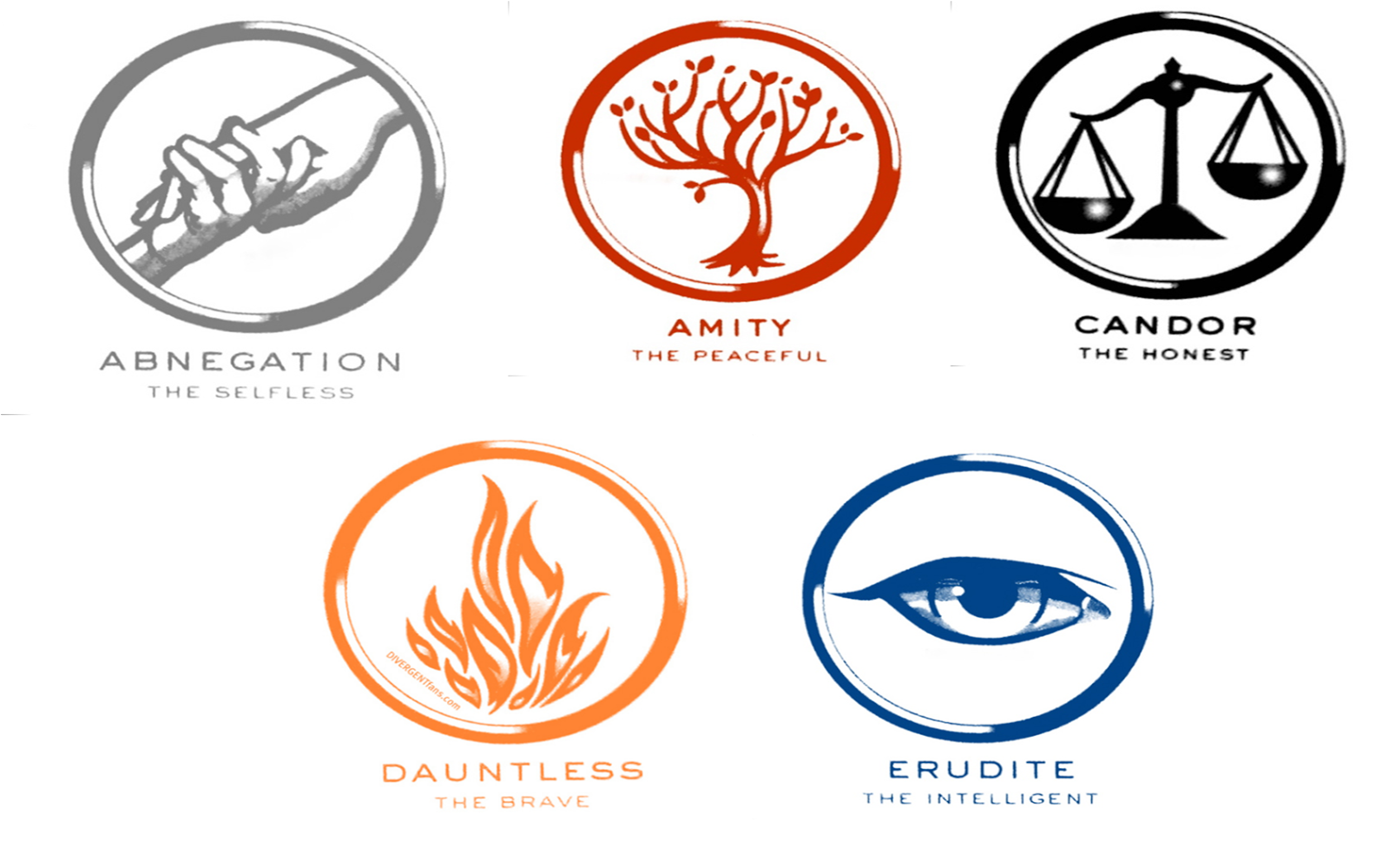Divergent groups are essential components of our society, representing a wide range of beliefs, values, and experiences. These groups encompass various subcultures, ideologies, and lifestyles that often challenge mainstream norms. The existence of divergent groups enriches our communities by stimulating dialogue and fostering innovation. As we delve deeper into the concept of divergent groups, we can uncover the intricate dynamics that shape our world today.
In a globalized society, understanding and engaging with divergent groups can lead to greater empathy and collaboration among individuals. This engagement not only promotes social cohesion but also encourages a more inclusive approach to problem-solving. As we navigate an increasingly interconnected world, recognizing the significance of divergent groups is paramount for addressing the pressing challenges of our time.
Moreover, the influence of divergent groups can be seen across numerous spheres, including politics, art, and science. By examining the characteristics and contributions of these groups, we can appreciate their role in shaping cultural narratives and driving societal change. In this article, we will explore the diverse landscape of divergent groups, their origins, and their impact on our lives.
What Are Divergent Groups?
Divergent groups are those that differ significantly from the dominant culture or mainstream society. They can emerge based on various factors, including ethnicity, religion, political beliefs, or lifestyle choices. These groups often challenge traditional norms and may advocate for social change, making them essential contributors to cultural evolution.
Why Do Divergent Groups Form?
There are several reasons why divergent groups form, including:
- Identity and Belonging: Individuals may seek out groups that reflect their values and experiences, providing a sense of community and belonging.
- Resistance to Mainstream Culture: Some groups emerge as a response to perceived oppression or marginalization by the dominant culture.
- Shared Goals: Divergent groups often share common objectives, such as advocating for social justice or promoting cultural preservation.
How Do Divergent Groups Impact Society?
Divergent groups can have a profound impact on society in various ways, including:
- Promoting Inclusivity: They challenge societal norms and advocate for the recognition of diverse perspectives, fostering a more inclusive environment.
- Driving Innovation: By bringing together unique ideas and experiences, divergent groups can stimulate creativity and innovation in various fields.
- Encouraging Dialogue: They create opportunities for meaningful conversations about social issues, helping to bridge divides between different communities.
What Are Some Examples of Divergent Groups?
Divergent groups can be found in various forms across the globe. Some notable examples include:
- Religious Minorities: Groups such as the Baha'i Faith or various Indigenous religions often hold beliefs that differ from mainstream religious practices.
- Political Activists: Environmentalists, feminists, and LGBTQ+ activists often form groups to advocate for change and represent marginalized voices.
- Subcultures: Groups such as goths, punks, and hip-hop communities create their own unique identities and cultural expressions.
How Can We Support Divergent Groups?
Supporting divergent groups is crucial for fostering a more inclusive society. Here are some ways to provide support:
- Engage in Conversations: Listen to the experiences and perspectives of individuals from divergent groups to better understand their challenges and aspirations.
- Participate in Events: Attend cultural celebrations, workshops, or seminars organized by these groups to show your support and learn more about their contributions.
- Advocate for Policy Changes: Use your voice to promote policies that protect the rights and freedoms of divergent groups within your community.
What Challenges Do Divergent Groups Face?
Divergent groups often encounter various challenges, including:
- Discrimination and Prejudice: Many divergent groups face societal stigma and discrimination, making it difficult for them to thrive.
- Marginalization: They may be excluded from mainstream political, social, or economic opportunities.
- Internal Conflicts: Divergent groups can also experience tensions within their communities, leading to fragmentation and weakened solidarity.
Conclusion: Embracing the Richness of Divergent Groups
In conclusion, divergent groups play a vital role in our society, enriching our cultural landscape and challenging us to think critically about our beliefs and values. By understanding their significance and supporting their causes, we can contribute to a more inclusive and harmonious world. Embracing divergent groups not only enhances our collective well-being but also cultivates a society that values diversity and innovation.
You Might Also Like
Zach Roloff's Financial Journey: Unveiling His Net WorthUnderstanding The Gemini Date Range: A Deep Dive Into The Twins
Understanding Pisces Dates: The Journey Of The Dreamy Zodiac
Unveiling The Age Of Natalie Nunn's Daughter: A Closer Look At Family Life
Discovering The Mysteries Of The Jan 29 Star Sign
Article Recommendations
- Sophierain Nudes
- Tom Hughes Partner
- Julie Bowen Boyfriend
- Prince Harry Children 2024
- Eros Philadelphia
- Brian Bosworth
- Tony Shalhoub
- Mothers Warmth
- Elsa Dutton
- Kim Erome


